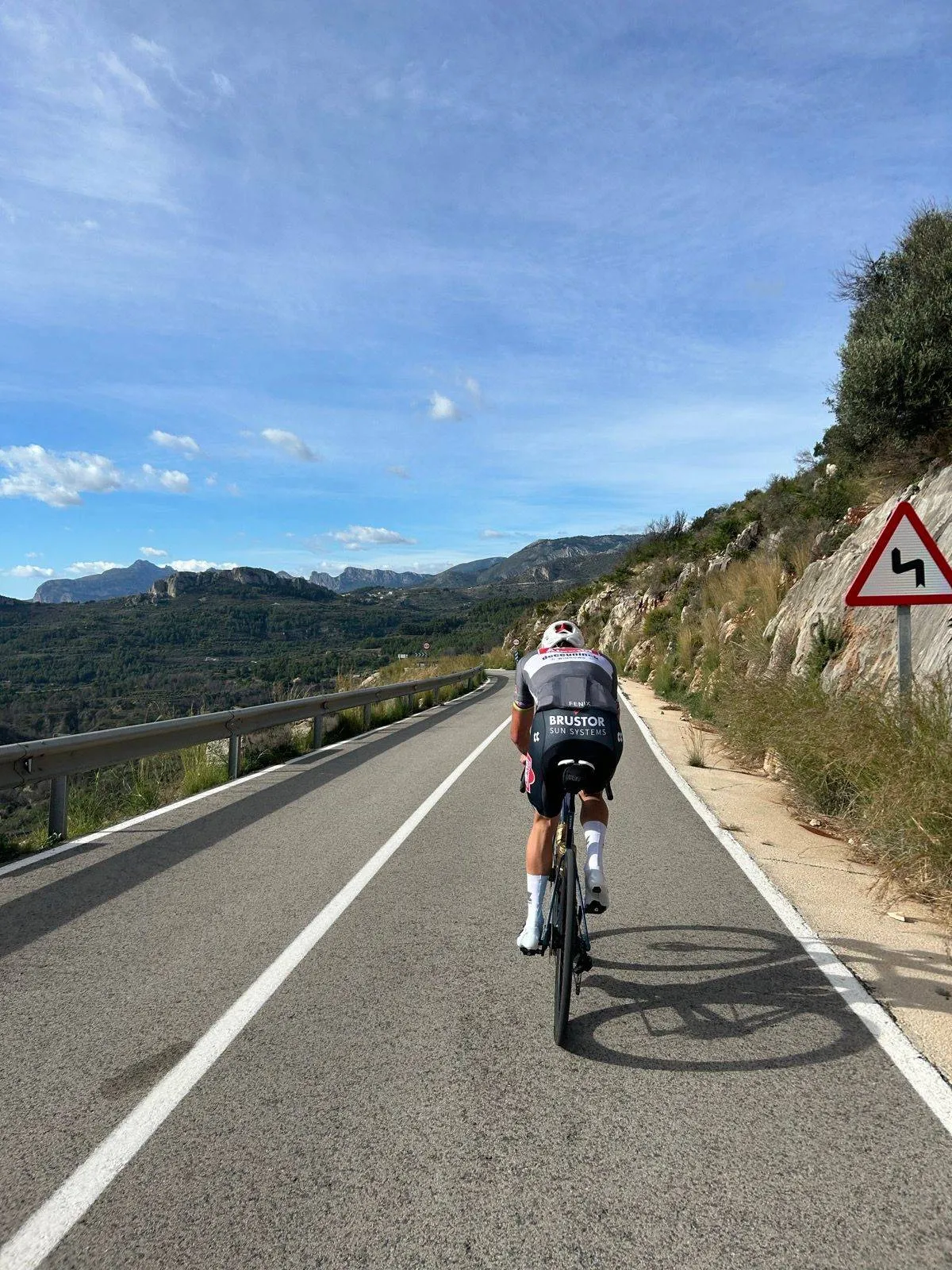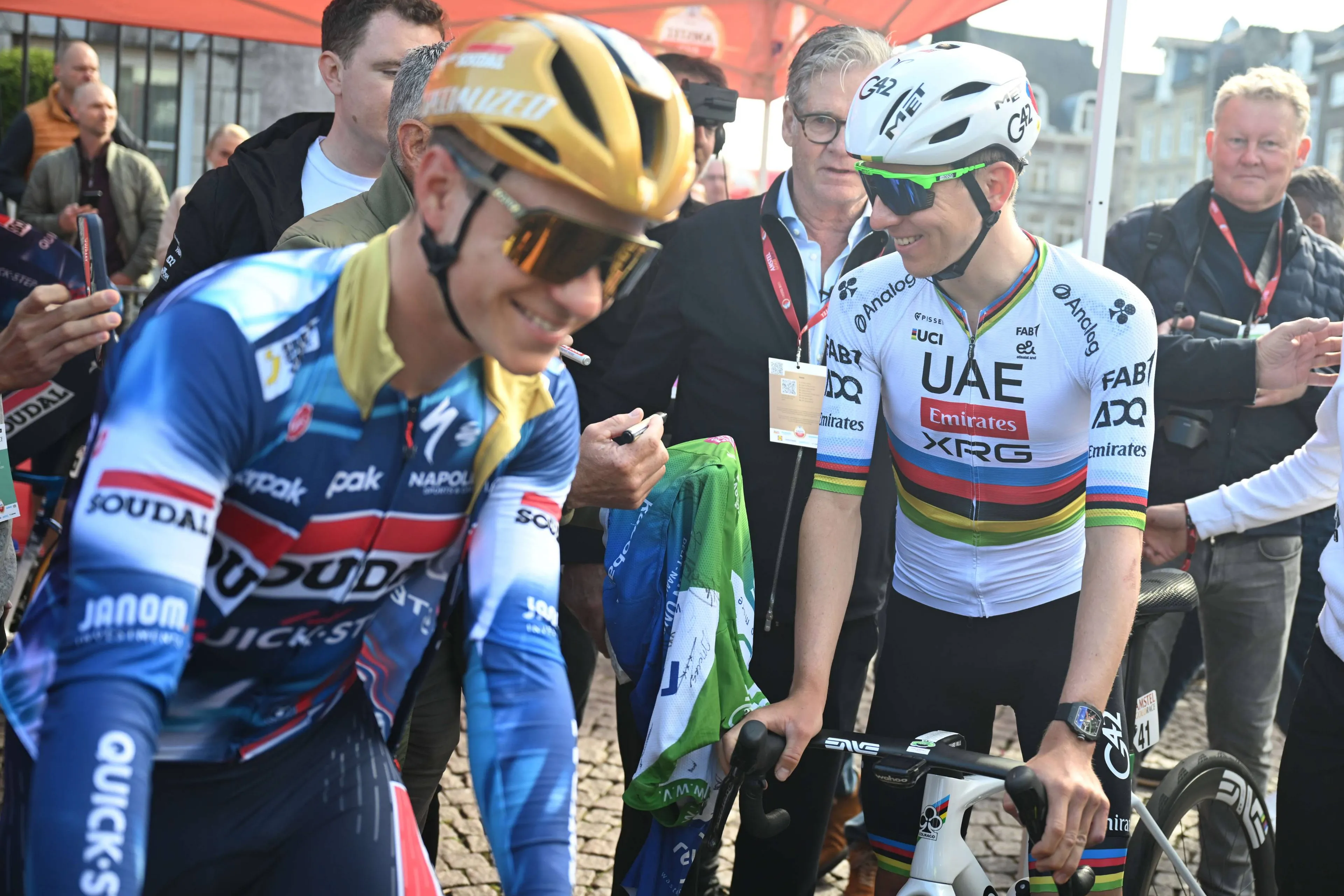Team boss Vollering sounds the alarm: fewer riders and races for FDJ-Suez in 2026
Women's CyclingSunday, 26 October 2025 at 14:42

The French economy is not doing particularly well at the moment, and this is also affecting cycling. Arkéa - B&B Hotels is calling it quits after this year, Cofidis has been relegated, and even FDJ-Suez, which has been successful in women's cycling, has to make changes that it would perhaps rather not have had to make. Team manager Stephen Delcourt tells his story.
ADVERTISEMENT
Demi Vollering's manager spoke to Cyclism'Actu at the presentation of the 2026 Tour de France (Femmes) route in Paris. “When we assess 2025, it’s very positive. We had an excellent season and were the best team in the world, but one thing is clearly missing. That is the overall victory in the Tour de France Femmes.”
“But we have nothing to be ashamed of: we still finished second and didn't lose because of a mistake or problem in our preparation. No, Pauline Ferrand-Prévot was truly unbeatable and stood above the rest,” Delcourt admits honestly. “It's now up to us to raise our level if we want to win the Tour in 2026. I see some pitfalls in the course, but we're going to prepare well,” he says, referring to Mont Ventoux, among other things.
ADVERTISEMENT
Continue reading below the photo!
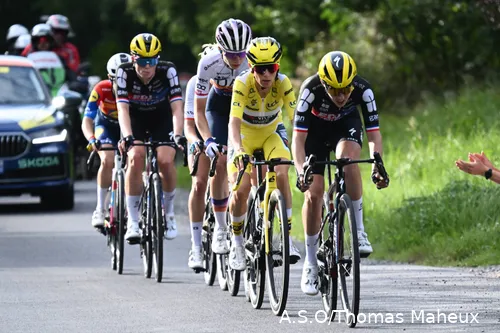
Three Dutch women leave FDJ-Suez
ADVERTISEMENT
FDJ-Suez will start the coming season with 16 riders, down from 18 in 2025. Franziska Koch and Eva van Agt, among others, are joining the team, while Nina Buijsman, Lauren Molengraaf, and Loes Adegeest, who is leaving for Lidl-Trek, are also leaving the team.
“We have a very solid group. But I must also say that the economic situation is very bad. I have never had such easy meetings with new potential sponsors, but then getting them to commit to us has never been so difficult,” says Delcourt.
Continue reading below the photo!

FDJ-Suez will ride fewer races in 2026
ADVERTISEMENT
“We are in an economic crisis, which means that sponsorship is not a priority for companies, and we understand that. So we have to fight on that front. We would rather reduce the selection to sixteen riders. Then we'll just race a little less in 2026,” he explains.
“We will be riding between five and ten percent fewer races, but that's not a problem. The life of a top athlete is very tough, so this way we can try to be as fresh as possible,” concludes Delcourt.
Read also
IDL-productions
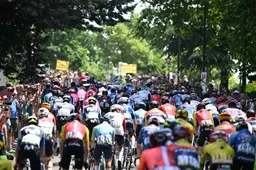
Vacancy: Growth Editor IDL Procycling - (native) English

Evenepoel camp quietly hopes for a slightly more passive Vingegaard in battle with Pogacar
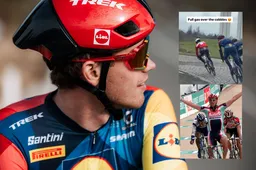
After 20 years, Sweden once again has a talented and ambitious rider for the classics
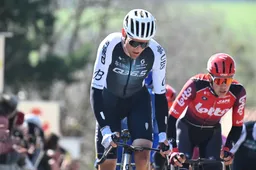
Praise for Pidcock in Bax comeback story: “In terms of professionalism, it’s almost even more serious than at UAE”

Preview Cyclo-cross World Championship 2026 - elite men | This is what Mathieu van der Poel must take into account in Hulst
Latest Cycling News

Vacancy: Growth Editor IDL Procycling - (native) English
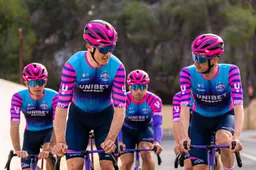
Not after all? ‘Unibet Rose Rockets surprisingly set to miss out on Tour de France wildcard’

Van Aert shares ankle update and looks ahead to World Championship: “I can’t make it more exciting than it is”
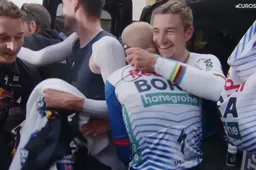
Evenepoel and Red Bull-BORA fire warning shot at Tour rivals: ‘Close to perfection’
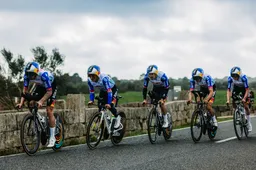
Evenepoel's TTT train on track: Red Bull-BORA-hansgrohe fastest in Trofeo Ses Salines
Popular Cycling News

Danish support for Visma | LaB after Vingegaard crash: ‘It's like someone coming to sit at your table in a café’
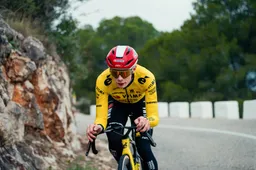
Vingegaard backed by French colleague after training crash: "It can indeed be very annoying"

Evenepoel camp quietly hopes for a slightly more passive Vingegaard in battle with Pogacar

Evenepoel and Red Bull-BORA fire warning shot at Tour rivals: ‘Close to perfection’

After extending his contract, Healy suddenly has other goals at EF: “Ben is handling it well”
Latest Comments
- Nice!Bea22-01-2026
- Those events are mental rest for him. Fun, without expectations. *Sagan lost his abilities because he gained weight and got lazy. Pogi will likely retire before that has a chance at happening.Veganpotter14-12-2025
- Ah, the consequences of riding for Israel.Veganpotter11-12-2025
- Pidcock could follow everyone but Pogi while finishing 3rd. No second place rider this season😃Veganpotter16-11-2025
- Now the Palestinian protestors can stop their whining. Trump came to the rescue. So they can now STFU and go back to waving the rainbow flags.raufus15-10-2025
- Cracked the code lol. If it was that easy to 'crack the code' jonny Vegas would be charging up the Kwaremont giving Pog a dose of his medicine. Evenepoel can't match pog on a climb and neither can mvdp. Anything with a half difficult climb and Pog smashes the field. Even on flat(ish)parcours like Roubaix it came down to a mistake and crash by pog to definitively crown mvdp. MSR is the only one that Pog probably won't win.kevpt10-10-2025
- We've seen this movie before. I think Pogacar is doping.DeadBlow10-10-2025
- 👍Bea08-10-2025
- 👌🏻Bea08-10-2025
- What the data doesn't show is how much of an effect drafting had for evenepoel. Pogacar went with del toro at 100km whilst Evenepoel was still in the bunch. Despite the bike changes he still had a lot of assistance getting back to the bunch. Pogacar then rode 60km solo whilst evenepoel rode with Healy/Skjelmose until going solo in thd last 10-15km. Thats ~20% less power / energy requirements for 45-50km. Apples and oranges...kevpt30-09-2025
Loading

